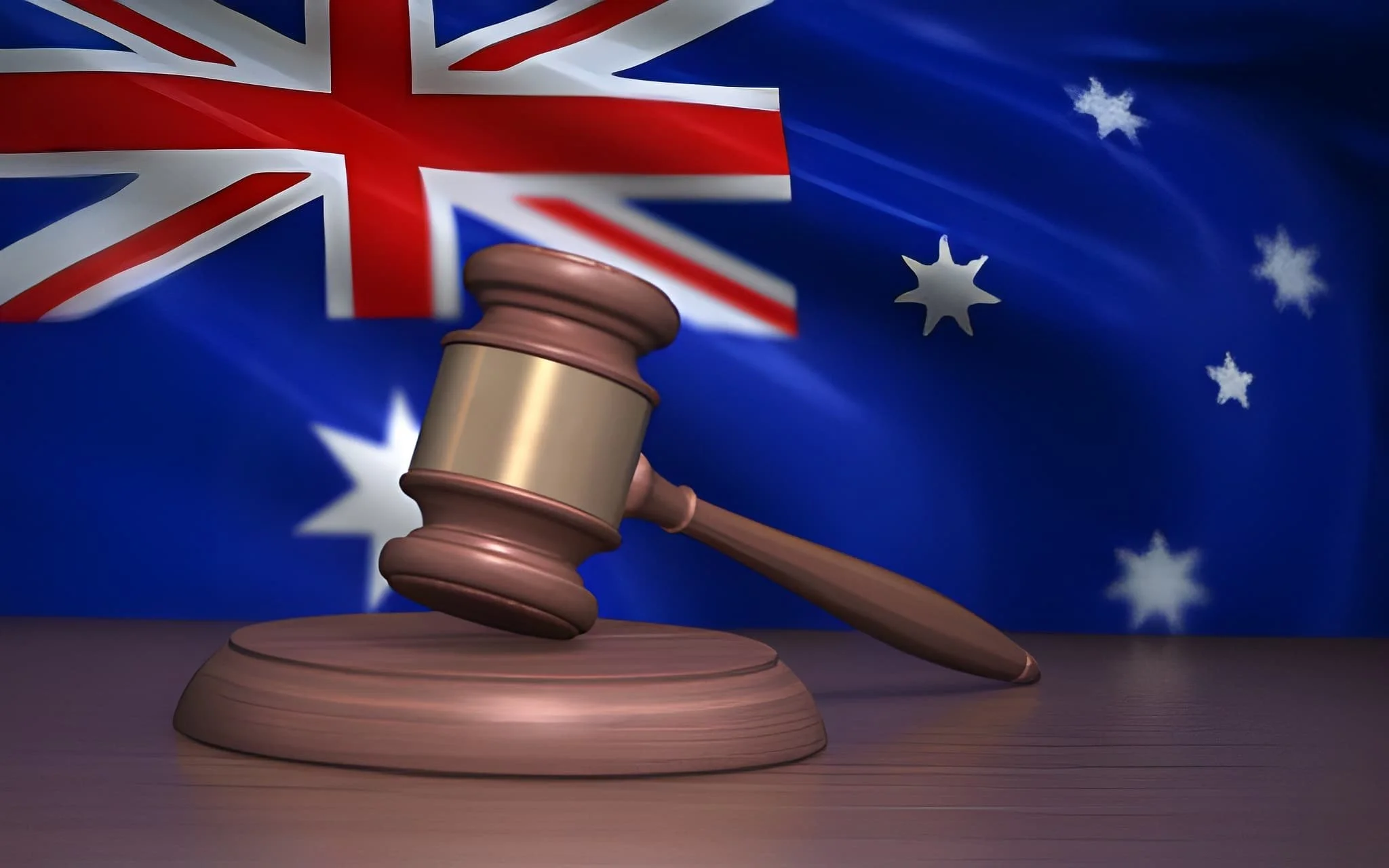Whether you are in the process of negotiating a property settlement or parenting orders, or already have property or parenting orders, it is important to consider whether your orders will be recognised and enforceable in all potentially relevant jurisdictions.
This article gives a brief overview of important things to consider when it comes to entering into a property settlement with your spouse where there are assets overseas; the recognition and enforceability of parenting orders and child maintenance; and the recognition and treatment of overseas decrees, such as marriages and divorces in Australia.
Property
If you are entering into consent orders that provide for how foreign property is to be dealt with, it is often prudent to obtain advice from a family lawyer practising in all jurisdictions where the property is located.
Complexity can arise when you hold assets in multiple countries. There may be strategic advantages to filing in one country over the other. The process for finalising your property settlement might be more efficient, cost-effective, or likely to have a more favourable outcome in a particular jurisdiction.
It is important to ensure that any settlement is enforceable in each jurisdiction, which can often be dealt with by obtaining “mirror orders” in each country. While Australian orders can address how overseas assets are to be dealt with, they may not be enforceable in another country.
Registration of Parenting Orders
Overseas child orders are defined by section 4 of the Family Law Act 1975. Sections 70G to 70L of the Family Law Act 1975 provide for registration of overseas orders in Australia.
The Family Law Regulations 1984 contain a list of countries under Schedule 1A with which Australia has agreements to register foreign parenting orders in Australia. You can apply to register parenting orders in Australia pursuant to Regulation 23 of the Family Law Regulations 1984 by sending the required documentation to the Secretary of the Attorney-General’s Department. If the Secretary is satisfied that documents meet the requirements, then they must send them to the Registrar of the Court to register the Order.
Alternatively, parties may make an application for consent orders in Australia, to do away with the need of registering any overseas orders.
The transmission of Australian parenting orders to overseas jurisdictions is briefly acknowledged in sections 70M and 70N of the Family Law Act 1975.
Child Maintenance
It is important to check whether there are agreements in place between jurisdictions and to seek legal advice about enforcement and registration if you are looking to apply for child support or enter into a Binding Child Support Agreement. Australia has agreements with countries such as the United States and New Zealand when it comes to the enforcement of child maintenance/support orders.
The agreement for enforcement between the United States and Australia is noted under section 111AB of the Family Law Act 1975. The Agreement between the Government of the United States of America and the Government of Australia for the enforcement of Maintenance (Support) Obligations came into force on 12 December 2002 and provides for the enforcement of court orders and administrative assessments, such as child support assessments, as well as a framework for information sharing between central authorities being the Child Support Registrar (Australia) and the Office of Child Support Enforcement in the Department of Health and Human Services (United States).
New Zealand and Australia have an agreement to enforce child support payments whereby the country in which the party who is assessed to make a payment resides is responsible for collection. In Australia, that is either the Registrar or Services Australia, and in New Zealand, it is the responsibility of New Zealand Inland Revenue.
Divorce
Section 104 of the Family Law Act 1975 deals with the recognition and treatment of overseas decrees such as marriages, annulment and divorce in Australia. Section 104 lays out the criteria that must be met for a foreign marriage/order to be recognised as valid in Australia. This criteria includes that at the date of instituting proceedings which resulted in the divorce, annulment or separation:
1. The Respondent was ordinarily resident overseas or;
2. The applicant was ordinarily resident overseas for at least 12 months before making an application;
3. The parties last cohabitated overseas; or
4. Either or both parties were domiciled or citizens from overseas countries.
If you or someone you know is dealing with a family law matter that has international considerations, our specialist family lawyers at Robinson + McGuinness can provide you with assistance. To arrange an appointment with one of our family lawyers, please complete the enquiry form below or call us on (02) 6225 7040 or email info@rmfamilylaw.com.au, or get started now online.

